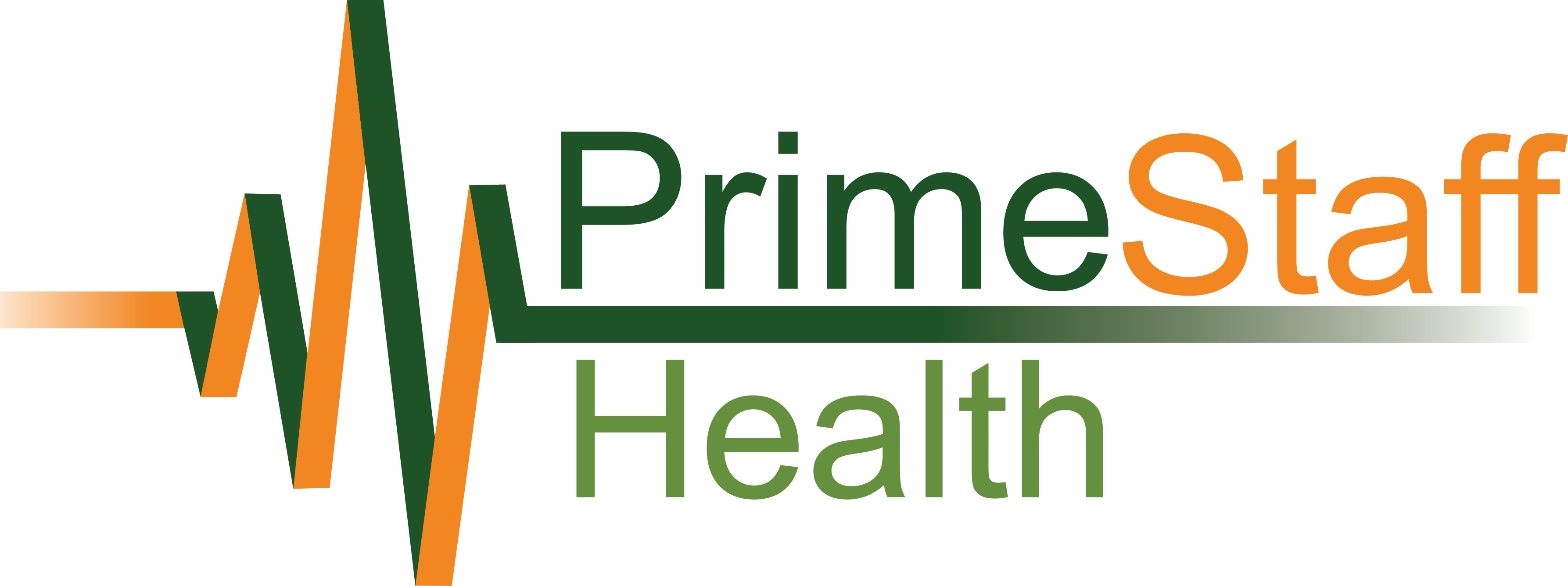In December 2012 the DOT office of drug and alcohol policy and compliance issued to notice regarding the use of recreational marijuana. In the notice it stated that individual state initiatives have no bearing on the Department of Transportation’s drug testing program. It refers to the fact that the regulations do not authorize the use of schedule I drugs for any reason. It disallows MROs from verifying a drug test even if marijuana is used for a medical reason. It is basically a zero-tolerance policy.
The question becomes whether or not rescheduling marijuana from a schedule I drug to a schedule III drug will result in the DOT changing it regulations with regard to drug testing. There has been some suggestion that rescheduling marijuana to a schedule-III drug with approved medical uses will change how DOT is required to treat the drug. There is thought that once marijuana is a Schedule III drug there may be legal claims asserted under the federal Americans with Disabilities Act (ADA) related to requests for reasonable accommodations.
Possible Changes
It is possible that saliva testing will be become the preferred drug testing modality for DOT sometime in 2025. Saliva has the advantage of testing for psychoactive THC (delta-9 THC) without testing for the non-psychoactive substance of Tetrahydrocannabinolic acid (THCa). This may lead to DOT testing only for THC and ignoring positive results for THCa.
Another possibility is that DOT takes a hard line and disqualifies marijuana users regardless of the drug’s schedule III status. The use of controlled substance by drivers is considered illegal but DOT allows an exception if the prescriber of the controlled substance states that it does not cause a safety hazard for the commercial driver. DOT could disallow any such exception and the zero-tolerance policy would still exist. Or allow only for prescriptions of commercial pharmaceutical drugs such as Marinol or Syndros.
There may also be social factors, such as the driver shortage, that enter into the DOT’s decision of how to treat cannabis in the future.
Currently, in 2024, marijuana is still a schedule I drug and we can only speculate as to the implications of it changing to schedule III.

